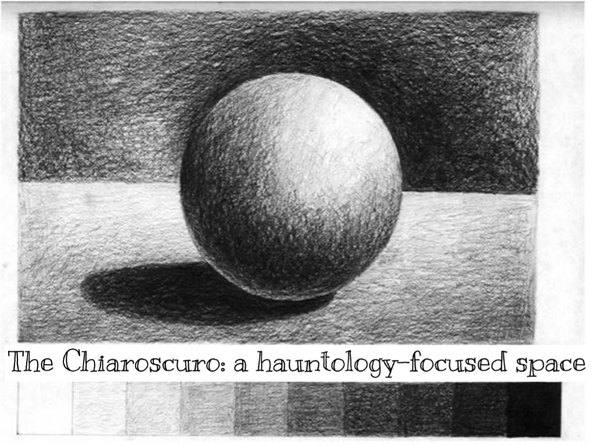A feature piece by Lance Peng on Inal Bilsel
With over two decades of experience in the music industry, Inal Bilsel has carved out a unique artistic identity—one that fuses music, visual arts and speculative narratives. A multifaceted composer, performer and educator, Inal’s work is a journey through contrasting worlds: fact and fiction, nostalgia and future dystopia, narrative and conceptual abstraction. His sound is influenced by science fiction, retro-futurism and musical hauntology, a genre that evokes the echoes of lost futures and fragmented memories. Whether through electronic compositions, orchestral pieces or immersive audio-visual performances, he pushes the boundaries of what music can communicate.

